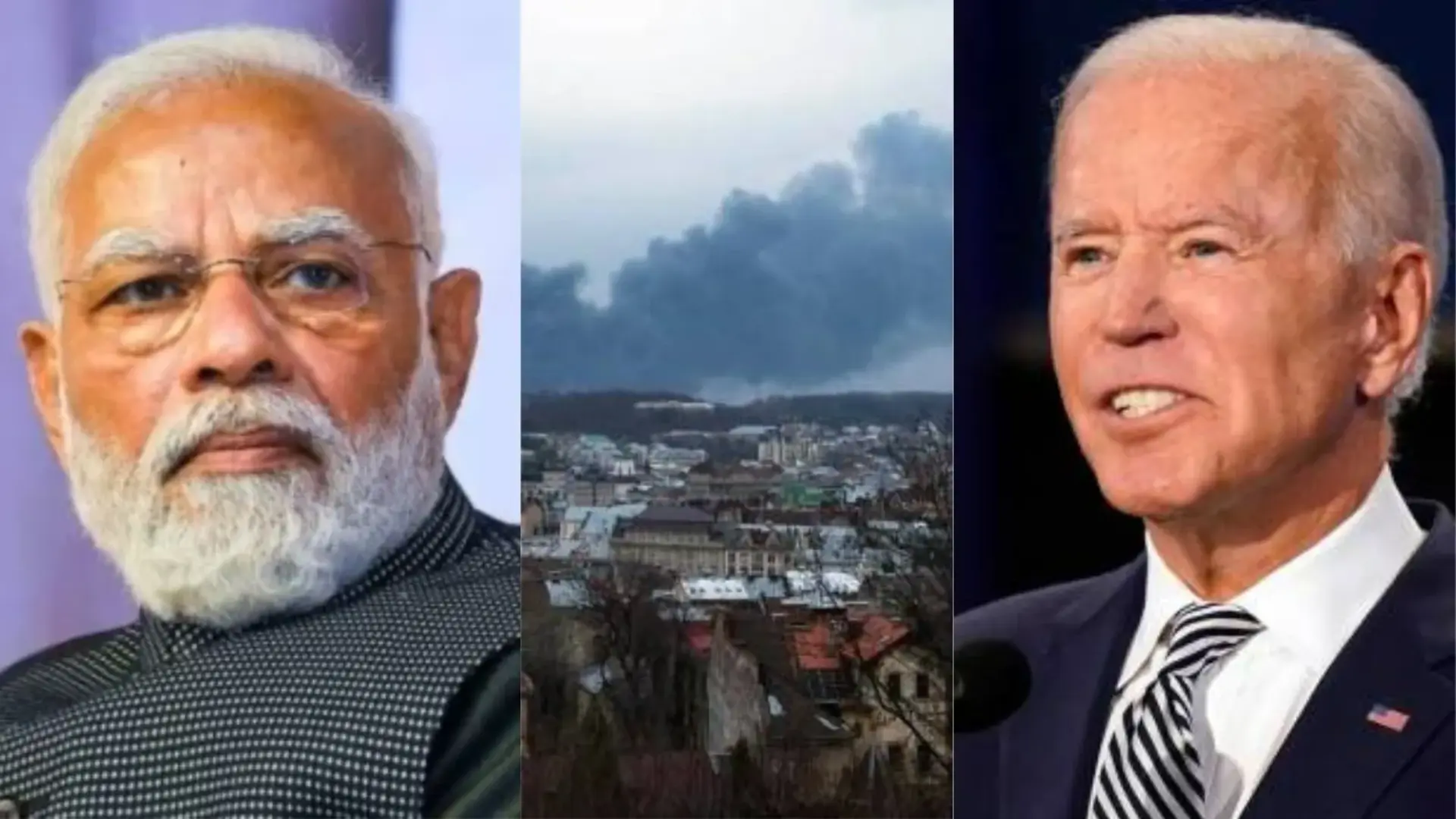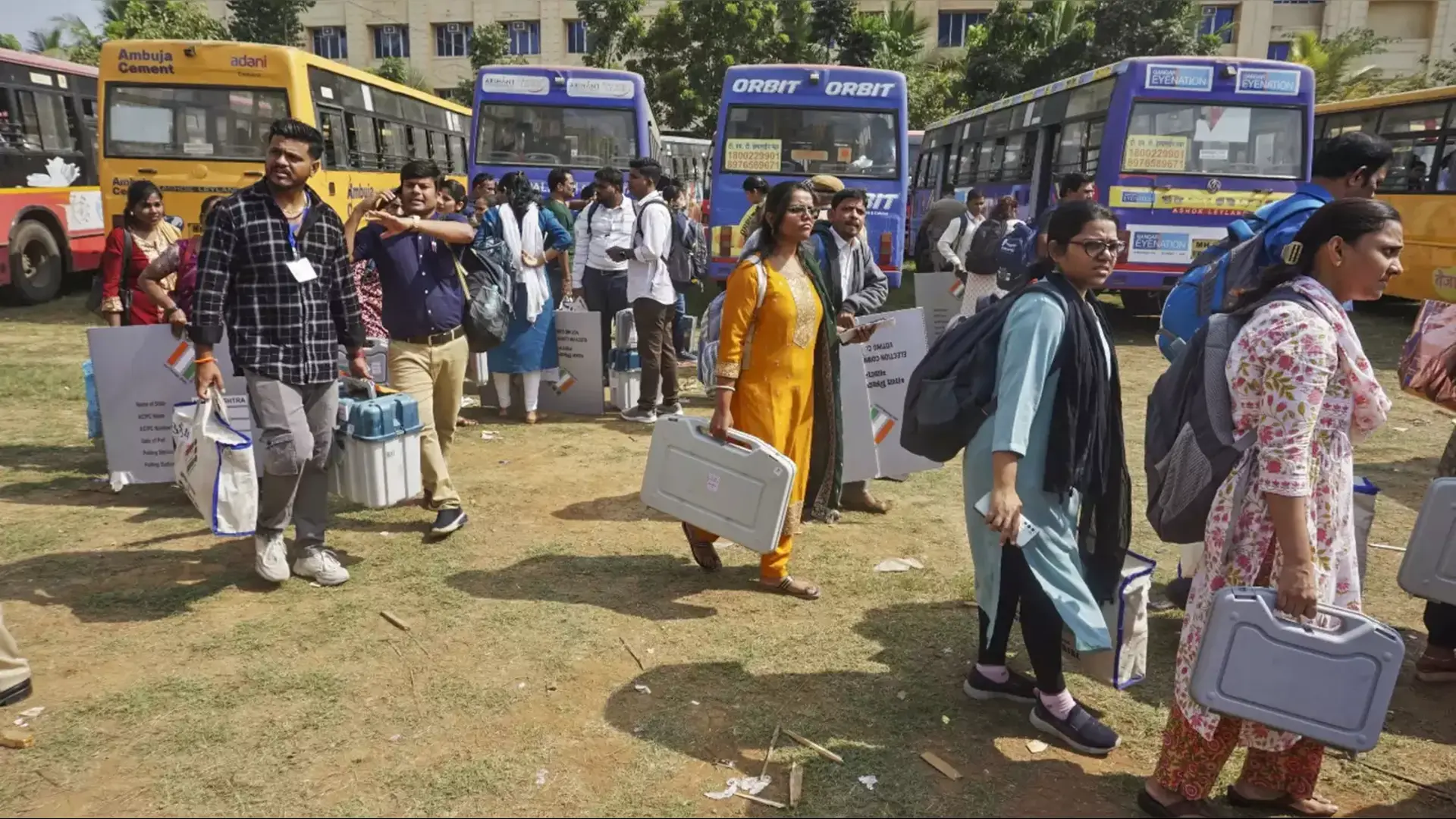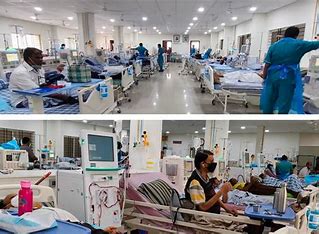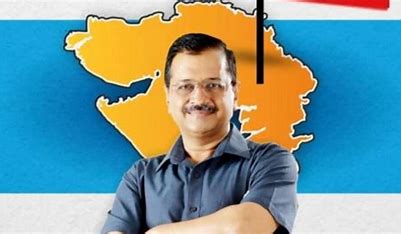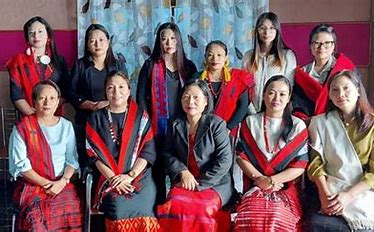In Meghalaya, waiting to vote on 27th February, the Meghalaya Democratic Alliance government led by the Nationalist People’s Party (NPEP) with partners like the BJP and other regional players is already broken. The BJP has accused its alliance partner of large-scale corruption and both parties have decided to go solo this time. Allegations of corruption and mismanagement of law and order are prominent electoral issues. However, analysts predict that hyper-local issues will govern voter choice in a state where a candidate’s personal following reigns supreme over party affiliation.
The INC, which emerged as the single largest party in 2018 lost all ground when its former CM Mukul Sangma and 11 other Congress legislators defected to the Trinamool Congress (TMC). The party is in dire straits, finding it difficult to field candidates on many seats. This, on the other hand, has been fortunate for the TMC which became the principal opposition party overnight after the defection and is now focusing on 24 seats in the Garo Hills region, the home turf of Former CM Mukul Sangma.
In 2018, of the 59 seats that went to polls with an 87.7 per cent voter turnout, Congress emerged as the single largest party with 21 seats and a 28.5 per cent vote share. The NPEP, which came in second place, managed to trump Congress to form the government with its 19 seats with a vote share of 20.6 per cent. The United Democratic Party secured six seats and 11.7 per cent votes with the remaining vote share split between smaller regional parties. The BJP opened its account in the Christian-majority state with a two-seat victory and a post-poll alliance with NPEP helping it be a part of the state government.
As a result of the four-cornered fight where the NPEP, the BJP, Congress, and the TMC go alone into the polls, the elections might lead to a hung assembly for the state, throwing open the floor for post-poll alliances.

